9 Times the World Was Minutes From War
Some chapters in history read like full-blown thrillers. Moments where world leaders stared down disaster and a single decision could’ve changed everything. These close calls didn’t make it into full-blown wars, but they came alarmingly close. Here’s a rundown of times the world nearly lost its cool.
The Attempted Assassination of Napoleon III: Britain vs. France (1858)
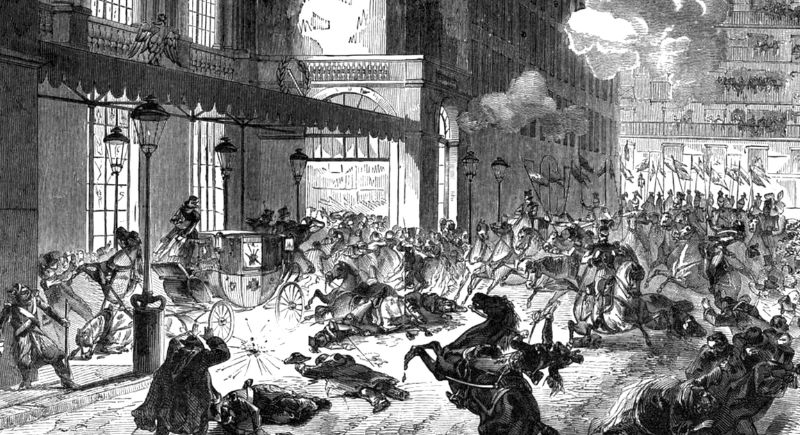
Credit: Wikimedia Commons
In 1858, Italian revolutionary Felice Orsini tossed homemade bombs at Napoleon III’s carriage in Paris. It missed the emperor but shook all of Europe. Orsini had prepped the attack in London, which infuriated the French. Britain refused to punish his British accomplices, so both countries nearly pulled out of the war playbook.
The Trent Affair: United States vs. Britain (1861)

Credit: pexels
Union forces stopped a British mail ship and pulled two Confederate diplomats off it during the Civil War. The British government was furious and started getting troops ready in Canada. Lincoln kept things calm, released the envoys, and avoided what could’ve been a nightmare—fighting the South and the British Empire at once.
The Fashoda Incident: France vs. Britain (1898)
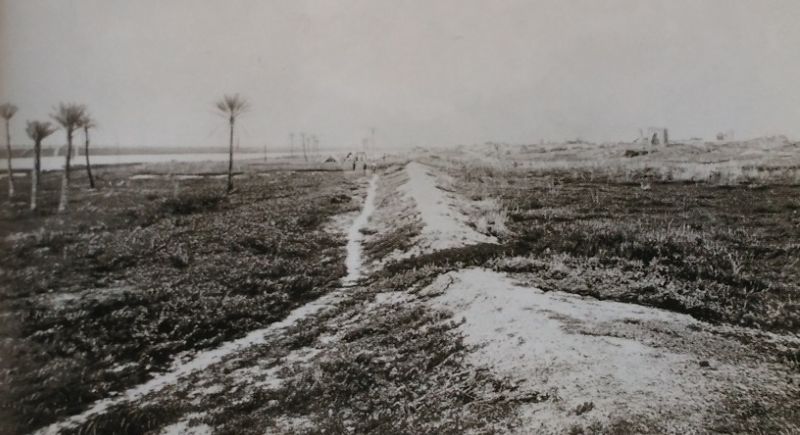
Credit: Wikimedia Commons
British and French troops ran into each other in Fashoda, Sudan, each claiming the same territory. The guys on the ground played nice, but back in Europe, politicians were ready to throw down. France, busy with political drama and clearly outnumbered, pulled back.
The Anglo-Zanzibar War (1896)
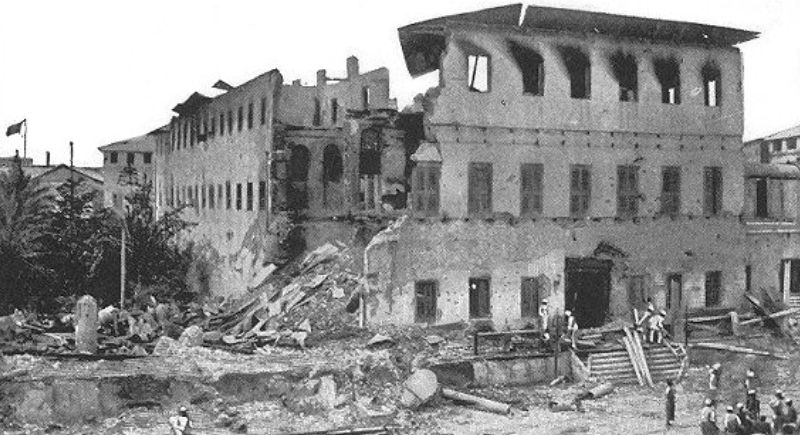
Credit: Wikimedia Commons
The Anglo-Zanzibar War lasted somewhere between 38 and 45 minutes on August 27, 1896, which made it the shortest war in recorded history. After Sultan Khalid bin Barghash took power without British approval, Royal Navy ships fired on the palace. Britain installed a friendlier sultan within the hour.
The Agadir Crisis: Germany vs. France and Britain (1911)
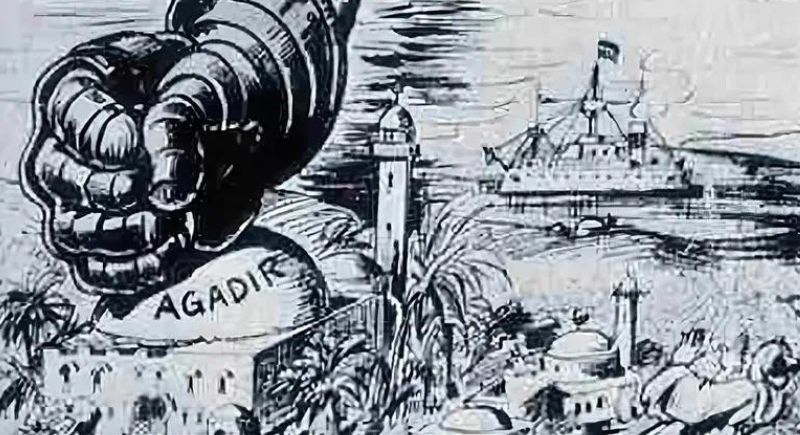
Credit: Reddit
Germany sent a gunboat to the Moroccan port of Agadir in 1911 as it tried to rattle France during its colonial expansion. France wasn’t impressed. Meanwhile, Britain saw it as a not-so-subtle threat to its interests and started prepping. A last-minute compromise gave Germany land in central Africa, but tensions stayed sky-high.
The July Crisis: Prelude to World War I (1914)
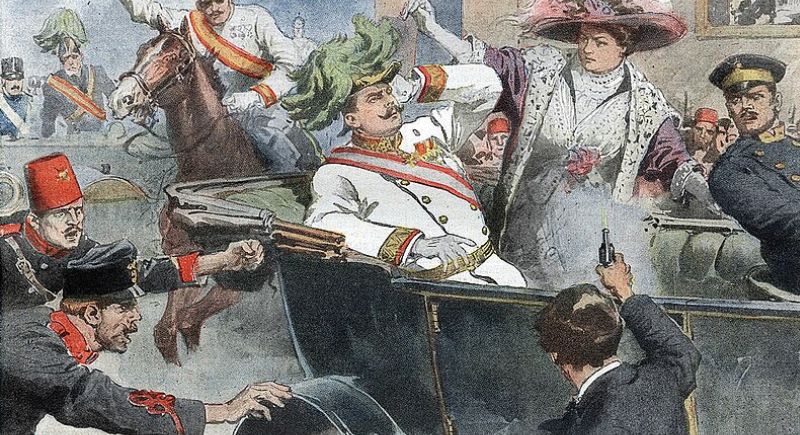
Credit: Wikimedia Commons
Shortly after Archduke Franz Ferdinand was assassinated in June 1914, Europe kicked off a month-long panic button marathon now called the July Crisis. Austria-Hungary blamed Serbia, Russia backed Serbia, Germany backed Austria, and suddenly, everyone was trading ultimatums like party favors. Diplomats scrambled to hold things together.
The Chanak Crisis: Britain vs. Turkey (1922)
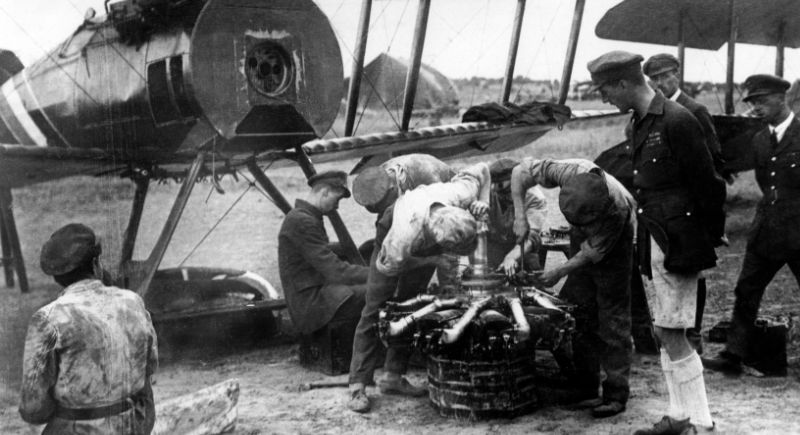
Credit: Wikimedia Commons
In 1922, British troops dug in at Chanak (modern-day Çanakkale) to guard the Dardanelles while Turkish forces closed in after a string of military wins. Britain threatened war if the Turks advanced, and politicians back home were ready to rumble. Prime Minister Lloyd George pushed too hard and lost the people’s support.
The Mukden Incident: Japan vs. China (1931)
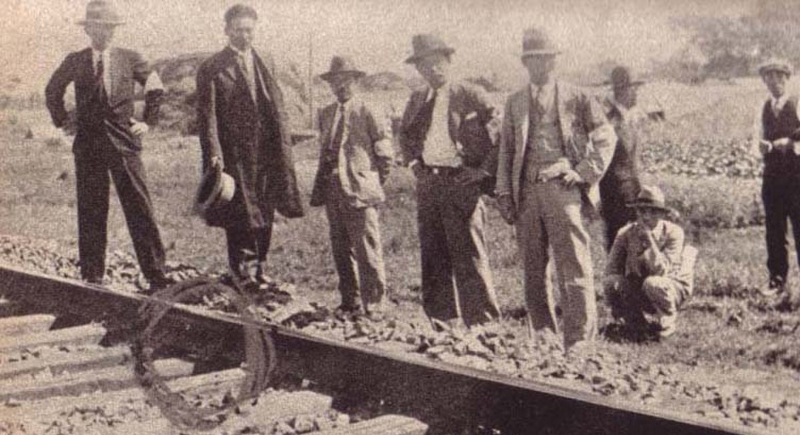
Credit: Wikimedia Commons
A small explosion rocked a railway near Mukden (now Shenyang), and Japan wasted no time blaming China—even though evidence strongly suggested Japan’s own army staged it. That blast gave Japan the excuse it wanted to invade Manchuria. The League of Nations protested, but Japan shrugged and left the group.
The Cuban Missile Crisis: United States vs. USSR (1962)
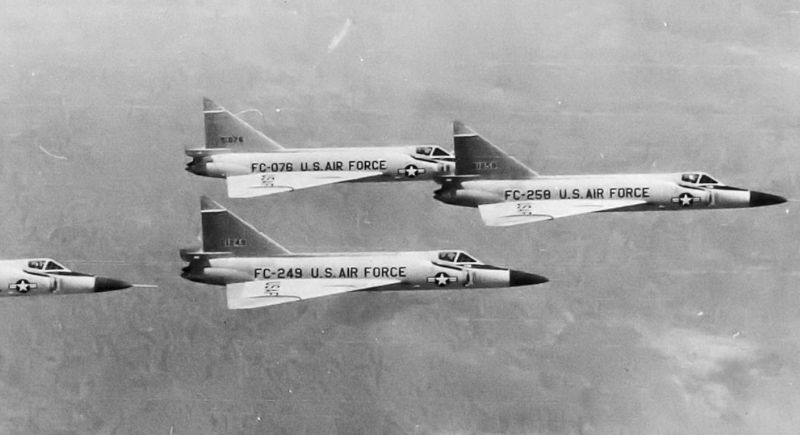
Credit: Wikipedia
For 13 sweaty October days in 1962, the world hovered on the edge of nuclear war. The U.S. discovered Soviet missiles in Cuba—close enough to hit American cities in minutes. President Kennedy imposed a naval blockade, and military forces around the globe were put on alert.
The Sino-Soviet Border Conflict (1969)
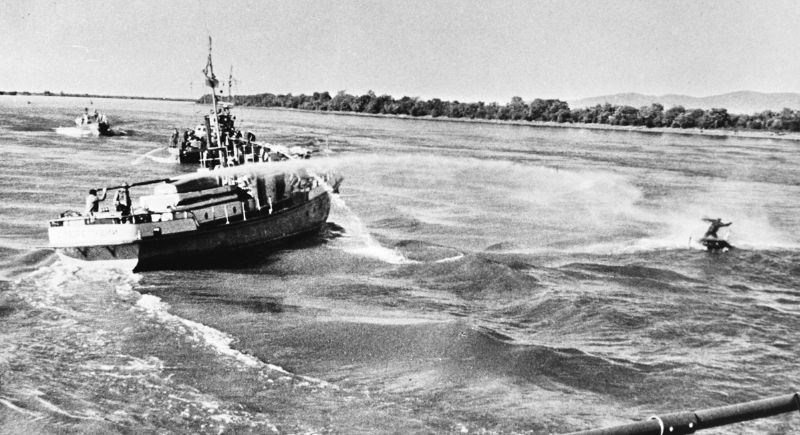
Credit: Wikimedia Commons
Things got hot along the frozen Ussuri River as Chinese and Soviet troops clashed over a disputed island. China accused the USSR of holding onto imperialist borders, while Moscow saw China as a rising threat. Cooler heads on both sides eventually hit pause, but it started a very chilly split between the two communist giants.
The Yom Kippur War and U.S.-Soviet Tensions (1973)
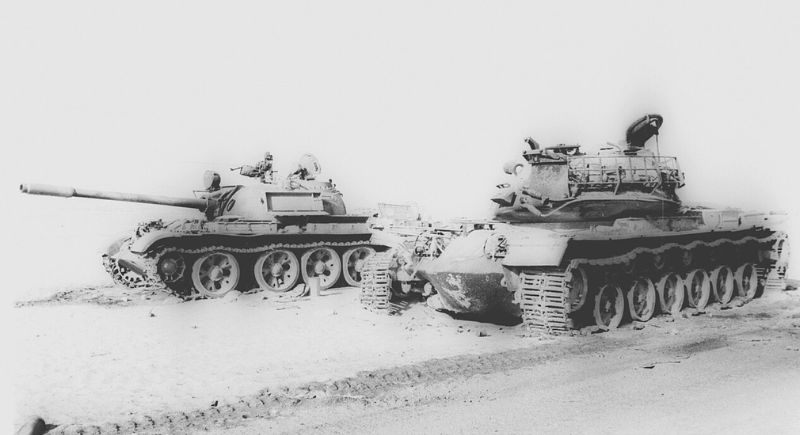
Credit: Wikimedia Commons
Egypt and Syria initiated a surprise attack on Israel during Yom Kippur. The U.S. backed Israel; the USSR backed the Arab states. When rumors of Soviet troops landing flew around, the U.S. bumped its military alert to DEFCON 3. Both sides quietly loaded nuclear weapons. Intense diplomacy and shared fear of mutual destruction kept the war regional.
The Korean Air Lines Flight 007 Incident (1983)
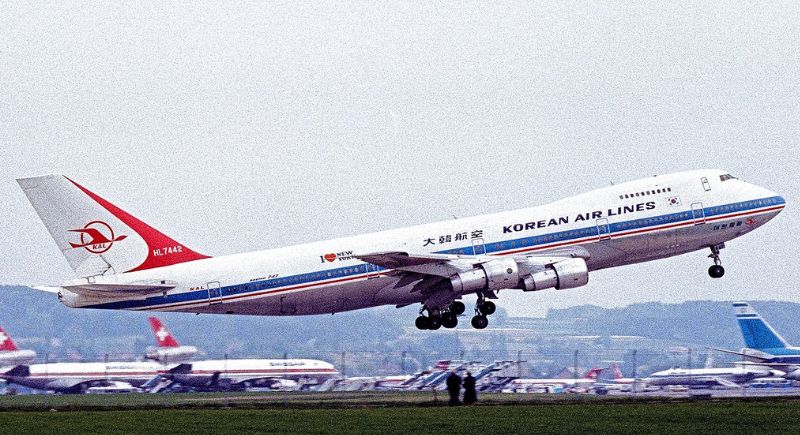
Credit: Wikimedia Commons
Korean Air Lines Flight 007 entered Soviet airspace in 1983. The USSR, convinced it was a spy plane, shot it down—killing all 269 people on board. The world fell silent, then furious. Tensions between the U.S. and the USSR skyrocketed, and Cold War nerves frayed. Washington considered retaliation, but calmer thinking prevailed.
Able Archer 83: NATO vs. USSR (1983)
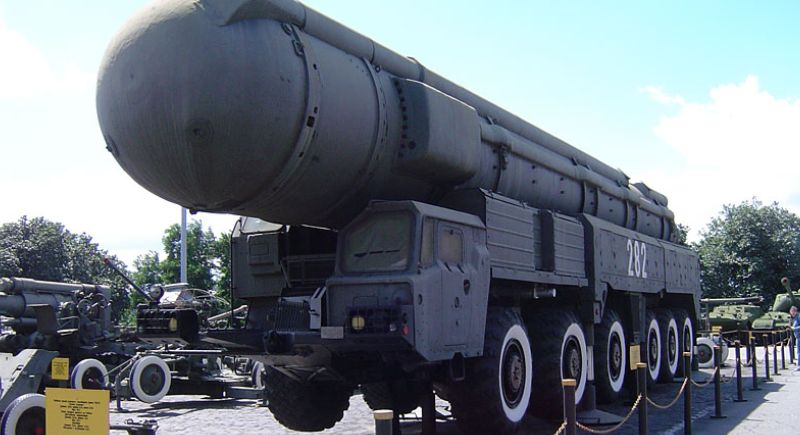
Credit: Wikimedia Commons
In November 1983, NATO launched a military drill called Able Archer 83, simulating a nuclear war scenario down to the last detail. The problem was that the USSR didn’t know it was fake—they thought it was a real prelude to a Western first strike. It took a double agent passing on the truth to calm things down.
The Norwegian Rocket Incident (1995)
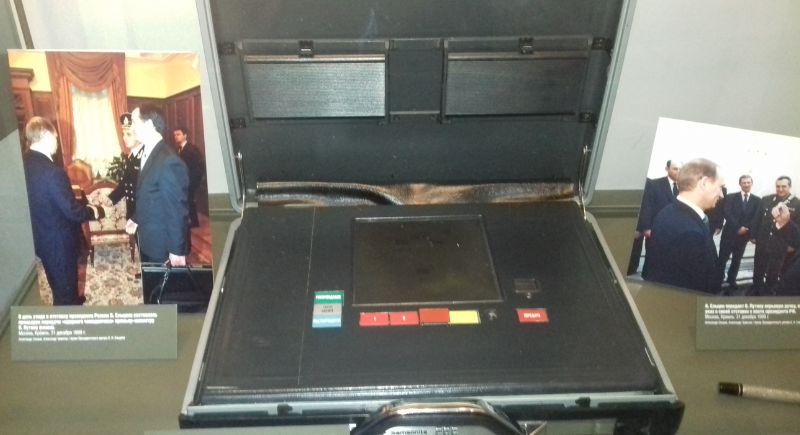
Credit: Wikimedia Commons
In 1995, a research team launched a scientific rocket off Norway’s coast to study the Northern Lights. Unfortunately, Russian radar mistook it for a U.S. nuclear missile. President Boris Yeltsin was handed the nuclear briefcase—marking the first time a Russian leader activated it for a possible launch. With just minutes to decide, officials finally identified the rocket as harmless.
The Taiwan Strait Crisis (1995-1996)
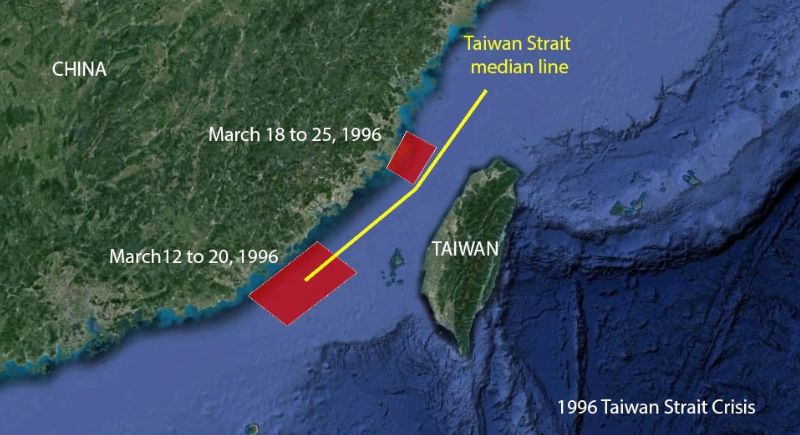
Credit: X
Tensions flared across the Taiwan Strait when China launched missiles near Taiwan to protest President Lee Teng-hui’s visit to the U.S. In response, the U.S. sent two aircraft carrier groups to the area to show that it was ready to defend Taiwan if things escalated. The missiles stopped flying after a tense standoff.